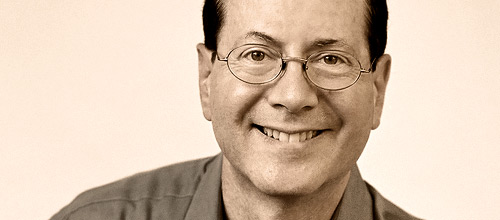 Is this Small Talk show of The Word Nerds about language? Or is it about micro-sociology? In any case, after a long hiatus, Howard Chang is back and he speaks with Dave Shepherd about small talk.
Is this Small Talk show of The Word Nerds about language? Or is it about micro-sociology? In any case, after a long hiatus, Howard Chang is back and he speaks with Dave Shepherd about small talk. They demonstrate small talk, define small talk, indicate the goal of small talk, describe the use of small talk and analyze how it works - and sometimes won't work. Intertwined we have the usual musical bumpers and the 'rude word of the week' (gossip). For a show of this light and entertaining caliber the length - between 30 and 45 minutes - the original frequency - weekly - was just ideal. Now that the show comes out about every 3 weeks, one gets out of touch with the style and tone and has to get used all over again and again. I believe the show is as good as it ever was, it just needed to be weekly in order to maintain its cult.
Indications are, if at all, the show is going to stop, or become less frequent, rather than return to the weekly format. What a pity of a unique podcast. Maybe the Word Nerds need a larger team? Right now Dave Shepherd produces the show largely on his own, with Howard Shepherd, Howard Chang and Barbara Shepherd contributing to the content. Too much of a burden for Dave and enough to do for the rest of the Nerds. Can't they tap into the Word Nerds forum crowd? Currently there are 330 registered users and I can see some certified potential there...

